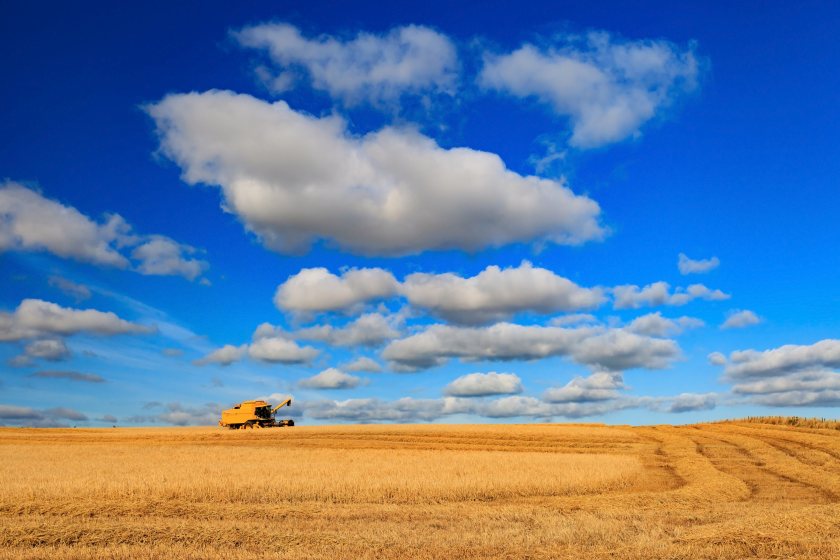Scientists warn: UK must grow drought-proof wheat or risk food crisis

Britain must move fast to develop drought-tolerant wheat or risk jeopardising its food supply as climate change drives harsher extremes of heat and water scarcity, scientists have warned.
Increasingly erratic weather — from sodden springs to parched summers — threatens to undermine this fragile stability, researchers from the University of Hertfordshire say.
Unlike other cereals, UK wheat varieties cannot simply be imported from Europe; they must be bred domestically to suit local conditions, a process that can take up to a decade.
That means plant breeders must begin now if future harvests are to withstand hotter, drier summers, according to the experts.
The warning stems from research carried out in Egypt, one of the world’s largest wheat importers, where an international team, including from the University of Hertfordshire, explored how irrigation methods and crop selection could offset climate pressures.
Their study tested three wheat cultivars under different watering regimes. The results showed that frequent irrigation could increase yields by up to 22%, while two varieties (Shandweel1 and Sids1) demonstrated 15–20% higher water-use efficiency under limited watering.
The researchers also found that moderate rises in carbon dioxide and temperature boosted yields by 10–25%. But once heat exceeded 3°C above current norms, yields fell sharply, particularly in more heat-sensitive varieties.
These findings, the authors argue, hold direct relevance for the UK, where droughts are becoming more frequent and irrigation of cereal crops may soon become essential.
Last year, the UK recorded its third-lowest arable harvest since 1984, with wheat output down 20 per cent compared with 2023, according to Defra.
This year, farmers say months of relentless rainfall followed by scorching droughts have made managing crops 'impossible', leaving many fearing for the resilience of their businesses.
That picture is borne out in new analysis by the Energy and Climate Intelligence Unit (ECIU), which shows Britain has lost the equivalent of more than a year’s supply of bread this decade as extreme weather batters wheat harvests.
Between 2020 and 2024, the shortfall topped seven million tonnes – enough to bake over four billion loaves. Put another way, that is 64 loaves per person, more than a year’s supply for every Briton.
“This year, significant yield losses are already expected in drier regions across England due to water stress, potentially increasing reliance on food imports,” warned Bruce Fitt, Emeritus Professor of plant pathology at the University of Hertfordshire.
He added: “With more Mediterranean-style summers forecast, there is an urgent need to develop drought-tolerant wheat and adopt precision irrigation, which will be vital for safeguarding the UK’s food security and climate change adaptation.”
The study’s lead authors stress that climate change is not a distant concern but a present reality. “Our results show that rising heat and water shortages could severely cut wheat yields unless we act,” said Dr Elsayed, one of the researchers.
"Strategic irrigation, combined with the right cultivars, can balance yield and water savings. If we start planning today, we can turn risk into resilience."
Looking ahead, Dr Elsayed said the next stage of research would integrate soil health, pest risks and climate scenarios.
“By combining field data, advanced simulations, and even satellite monitoring, we aim to deliver powerful decision-support tools for farmers and policymakers,” she explained.
“The goal is to develop wheat systems that can withstand water scarcity, rising temperatures, and the uncertainties of the future.”








